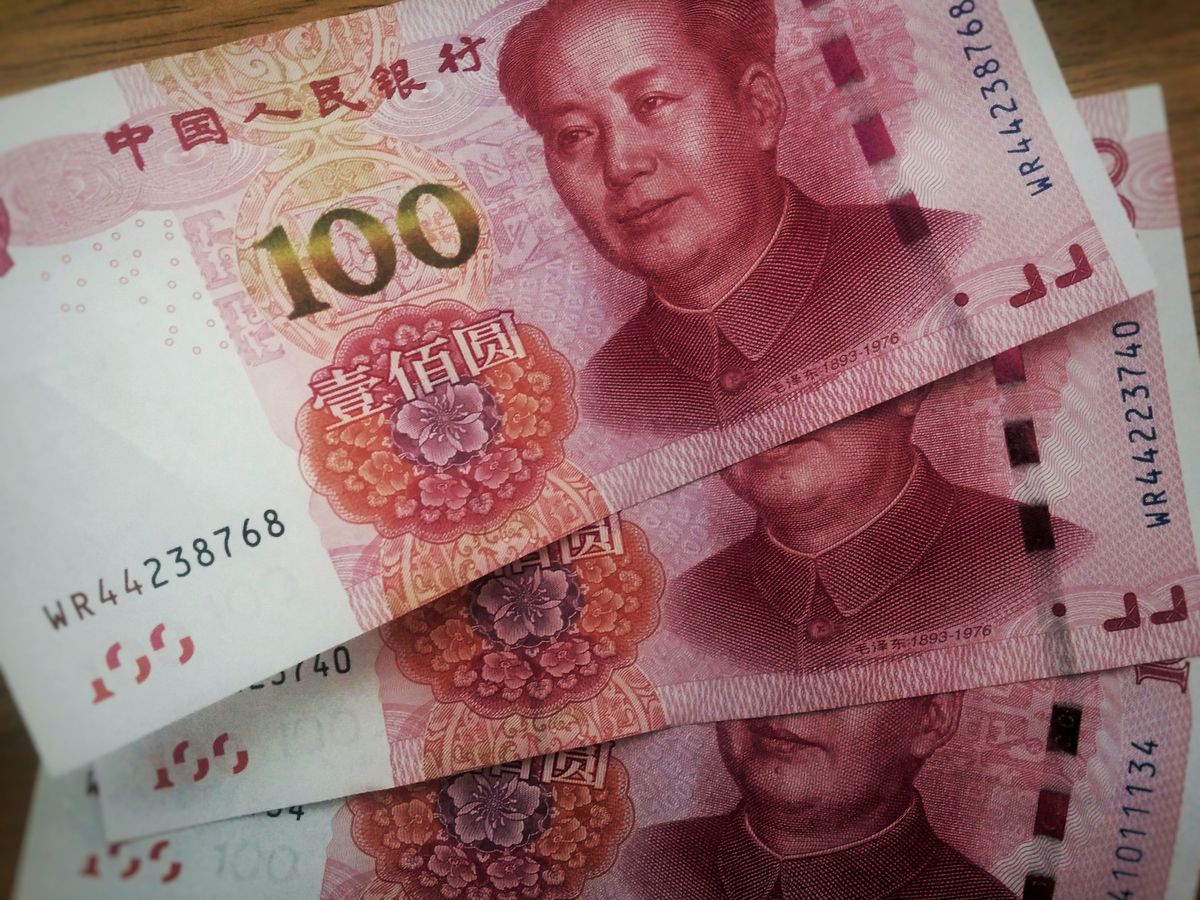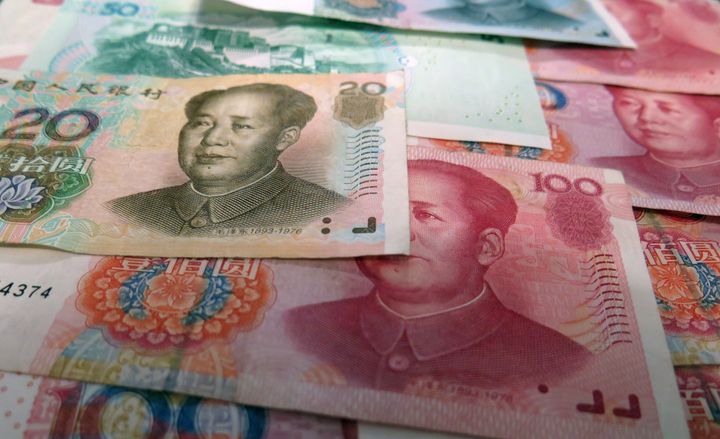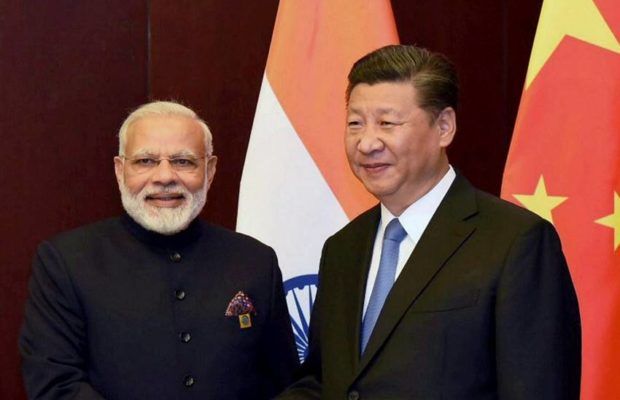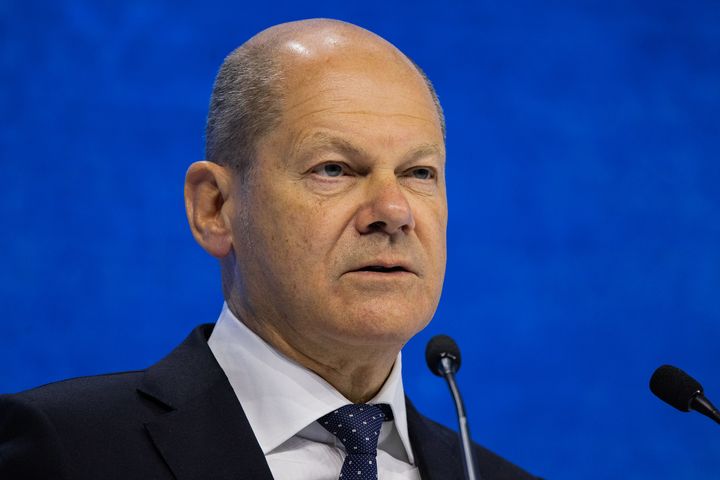India Urges Traders to Avoid Settling Foreign Trade in Chinese Yuan

The Lede: India has reportedly urged banks and traders to abstain from utilizing the Chinese yuan to pay for Russian imports due to longstanding political tensions with China. Three government officials and two banking sources confirmed the move with Reuters, indicating that India is seeking to distance itself from the Chinese currency.
What we know:
- After the Kremlin's invasion of Ukraine led to sanctions and price caps by western countries, China and India stepped up as major buyers of Russian oil.
- Now three government officials have revealed to Reuters that India is urging banks and traders to use United Arab Emirates (UAE) dirhams instead of Chinese yuan to pay for Russian imports.
- Indian oil refiners have shifted to using UAE dirhams instead of U.S. dollars to pay for Russian oil through Dubai-based traders.
- One of the officials said India will not permit settlements in yuan until the relationship between the two nations improves.
- Meanwhile, Russia is reportedly interested in settling transactions using the Chinese yuan due to its convenience for purchasing goods from China, as well as a long-standing desire to “ditch the dollar” – something that China is also interested in.
The background: The relationship between China and India has been strained over the Line of Actual Control (LAC), or a 3,500-kilometer-long border that runs through the Himalayas. Deadly border clashes in 2020 in the remote Galwan Valley of Ladakh further deteriorated ties between the two world powers. Since 2021, there has been a standoff between thousands of Indian and Chinese troops along the disputed Himalayan border, despite attempts to ease tensions with diplomatic talks.
Last year, UltraTech Cement, India's largest cement producer, used Chinese yuan to pay for a shipment of Russian coal, raising concerns that the growing trend of utilizing Chinese yuan for trade settlements could offer a shield to Moscow against the impact of western sanctions imposed on Russia. It could also support Beijing's efforts to enhance the internationalization of its currency, and reduce the dominance of the U.S. dollar in global trade, Reuters reported last year.
Despite the turmoil in global politics over the war in Ukraine, India's relationship with Russia remained stable. India has maintained a neutral stance on Russia's invasion and has attempted to resolve the issue diplomatically, while simultaneously increasing its purchase of Russian oil.
Likely outcomes
- India’s move seems to be driven by the state of relations between the two countries, as officials have not talked about the economic reasons behind the reluctance to trade in yuan.
- Russia is hesitant to accept payments in Indian rupees due to the partial convertibility of the currency. The rupee must first be converted to U.S. dollars before being converted to another currency, making it less appealing for settling international trade and as a reserve currency for global central banks.
- Indian refiners have begun settling some Russian oil purchases in rubles in recent weeks, with payments being processed in part by the State Bank of India through its nostro rubles account in Russia.
- But most of the trade is still conducted in other currencies because of the ruble’s partial convertibility. India and Russia are yet to finalize the framework.
Quotables:
- "The use of the yuan to settle payments for imports from countries other than China was rare until now, and could increase due to sanctions on Russia," an Indian government official told Reuters.
- "Russia has been a steady and time-tested partner. Any objective evaluation of our relationship over many decades would confirm that it has actually served both our countries very, very well," Indian Foreign Minister Subrahmanyam Jaishankar.
Good Reads:
Russia Turns to China’s Yuan in Effort to Ditch the Dollar (WSJ)
Exclusive: India to discourage foreign trade settlement in Chinese yuan – sources (Reuters)
EXCLUSIVE India's top cement maker paying for Russian coal in Chinese yuan (Reuters)



